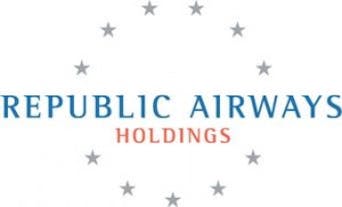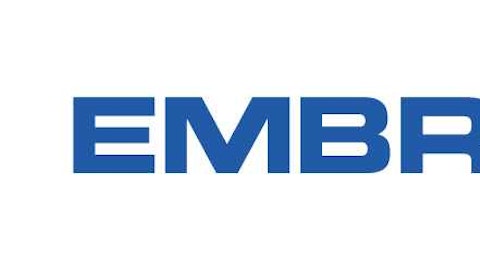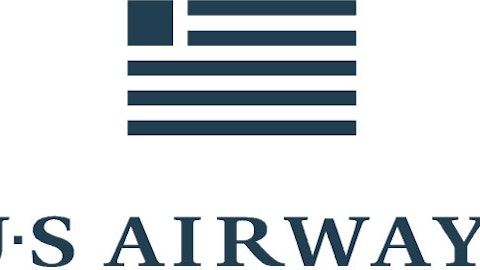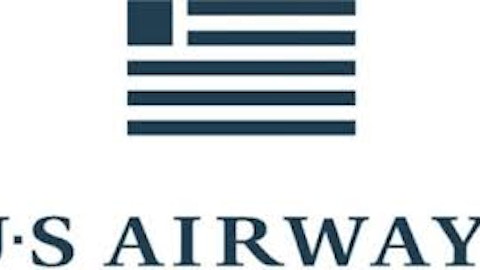Late last month, Republic Airways Holdings Inc. (NASDAQ:RJET) announced that it had agreed to a non-binding term sheet to sell its Frontier Airlines subsidiary to a third party. It is widely believed that private equity firm Indigo Partners is the potential buyer. Indigo recently sold its stake in Spirit Airlines Incorporated (NASDAQ:SAVE) a highly successful ultra-low-cost carrier that it took public several years ago.

Failed experiment
Republic Airways Holdings Inc. (NASDAQ:RJET) has been looking to get rid of Frontier Airlines for nearly two years. Frontier is a low-cost carrier that Republic bought out of bankruptcy a few years ago in an effort to diversify its operations beyond providing regional service for legacy carriers. However, Frontier has struggled for a variety of reasons. Most notably, Southwest Airlines Co. (NYSE:LUV) has built a large focus city operation from scratch in Denver, Frontier’s home city.
For the past year or so, Republic Airways Holdings Inc. (NASDAQ:RJET)’s management has been focused on rebranding Frontier as an ultra-low-cost carrier. This will help the carrier differentiate itself from Southwest Airlines Co. (NYSE:LUV). Moreover, the success of other ultra-low-cost carriers like Spirit Airlines Incorporated (NASDAQ:SAVE) has made Frontier more appealing to potential buyers like Indigo.
According to a Wall Street Journal report, Republic Airways Holdings Inc. (NASDAQ:RJET) will not get much cash from the sale of Frontier, probably less than $50 million. However, it will have the opportunity to offload hundreds of millions of dollars in liabilities as part of the sale. This would improve Republic’s debt to equity ratio and make its stock less risky, which could be just as good for shareholders as a larger cash payout.
Valuing what’s left
Republic currently reports its results in two segments: “Republic” and “Frontier”, so it is fairly easy to envision how the company will perform after selling Frontier. All of Frontier’s revenue, expenses, debt, and lease obligations will go to the buyer. In other words, the Republic segment is a good proxy for what the whole company will look like if it sells Frontier.
Profitability in the Republic segment has been improving dramatically recently. In 2011 the segment lost money. However, last year, the Republic segment earned pre-tax income of $62.3 million on revenue of $1.38 billion. The company’s initial guidance for 2013 was for a similar amount of revenue and a pre-tax margin of 5.5%-6.5%, implying pre-tax income of approximately $75 million-$90 million.
In the first half of the year, the Republic segment earned pre-tax income of $48.3 million, putting the company on pace to exceed its full-year guidance. Republic benefited from the restructuring of its Chautauqua subsidiary and the reduction of codeshare flying for Frontier, driving a higher than expected 7.3% pre-tax margin.
Furthermore, Republic began flying 76-seat jets for American Airlines this month, under a new agreement that was not included in the company’s original guidance. By early 2015, Republic will fly 47 Embraer SA (ADR) (NYSE:ERJ) E-175 jets for American. This represents a significant increase to Republic’s regional flying, and should drive strong profit growth in the second half of 2013 and beyond.
The Republic segment is thus likely to earn pre-tax income of over $100 million this year, with strong growth likely next year due to the phase-in of the American Airlines agreement. Assuming pre-tax income of $120 million-$130 million and after-tax income of $75 million-$80 million in 2014, and a valuation of 10-12 times forward earnings, Republic could be worth $750 million-$960 million, or approximately 20%-50% more than the current price. This valuation seems reasonable insofar as the business would be much more stable and predictable after selling Frontier.




